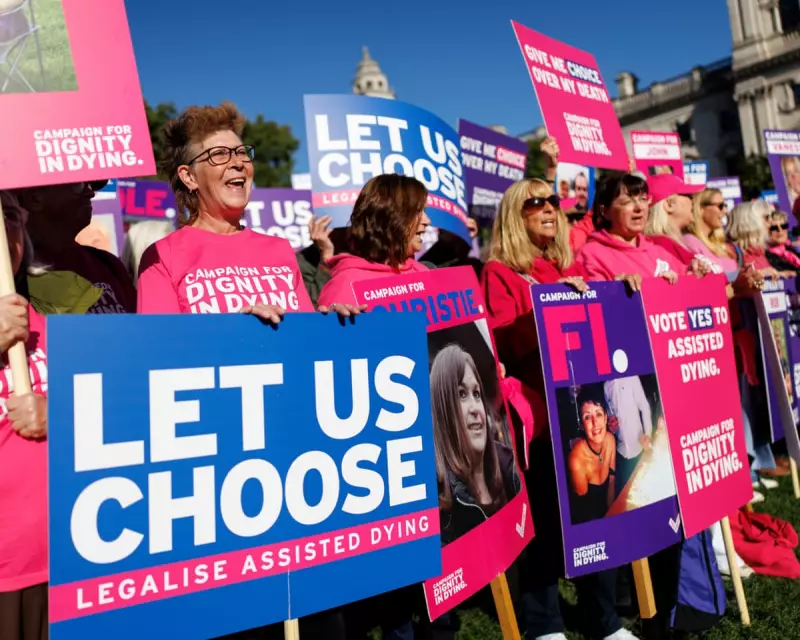
Unelected Peers Halt Assisted Dying in Democratic Standoff
A crucial bill on assisted dying, passed by the elected House of Commons after extensive public debate, is being systematically blocked by the unelected House of Lords. In what critics are calling a democratic outrage, a small group of peers is employing filibuster tactics to prevent the legislation from progressing, imposing their personal moral views against the clear will of both Parliament and the British public.
The Filibuster Strategy: Killing a Bill with Paperwork
The scale of the obstruction is staggering. When the assisted dying bill moved to the Lords, just seven peers were responsible for tabling a deluge of 630 amendments out of a total of 1,047 now attached to the legislation. These are not serious attempts at improvement. Among the proposed changes are requirements that would make the process practically impossible, such as stipulating that five doctors must assess a single application or barring assistance if the individual has travelled abroad in the preceding year.
Many of these amendments directly contradict proposals already considered and rejected by the Commons. The explicit intention is not to scrutinise, but to kill the bill by exhausting the four days of debate allotted to it. As a private member's bill, it lacks government backing, leaving it vulnerable to this anti-democratic sabotage.
The Human Cost of Political Delay
While peers engage in legislative games, real people suffer. The article highlights the case of a woman who was investigated for 10 months by police, only for the CPS to eventually drop the case, for the 'crime' of accompanying her terminally ill husband to the Dignitas clinic in Switzerland. For an act of compassion, the British state treated her as a suspected criminal.
This reflects a wider chilling effect. Doctors who have privately helped families through these agonising end-of-life crises for decades now fear police intervention for what some peers label conspiracy to murder. Britain is being left behind, denying its citizens a freedom available in many other liberal nations, including Germany, Spain, Canada, and several US states.
An Indefensible Institution Resisting Change
This incident throws a harsh light on the anachronistic nature of the House of Lords itself. It is the only governing assembly outside the Muslim world where clergy sit ex officio, and one of the few where membership can effectively be bought. Its composition is indefensible and its powers anti-democratic.
While second chambers can play a valuable role in advising and refining legislation, they should not have the power to overturn clear decisions made by a democratically elected chamber. The author argues that the government must now adopt the bill and force it through, while simultaneously launching an external commission to finally reform the outdated and bloated House of Lords, whose membership has soared to over 820.





